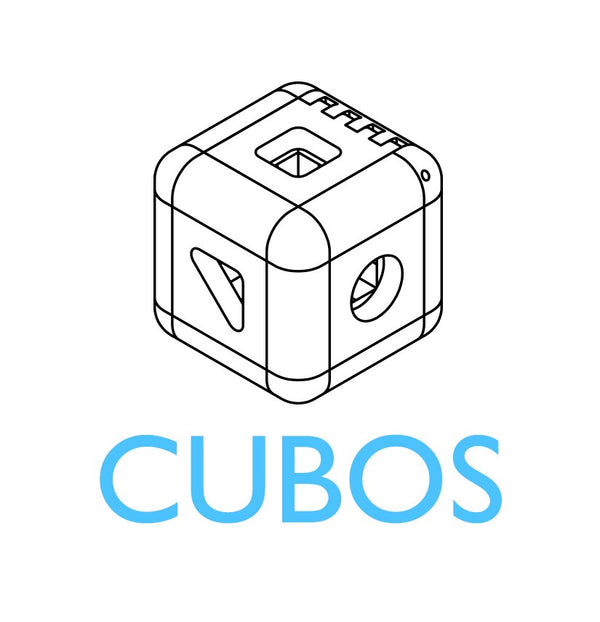You may have already heard of the Montessori approach to education. You might even be considering getting Montessori toys for your little one. But how well do you understand the Montessori Method? Read on and find out:
Montessori 101: The Basics You Need to Understand
In today’s modern world, it can be hard to keep up with all the different approaches to education. One of the most widely-recognized styles of education is the Montessori Method, which has been helping parents and children worldwide for over 100 years.
The Montessori Method is an educational approach based on Maria Montessori's work. The Montessori Method emphasizes independence, freedom within limits, and respect for a child's natural psychological, physical, and social development.
For parents who are new to the Montessori Method, it can be intimidating to learn all of its principles and philosophies.
What Is Montessori Education?
Montessori education is a child-centered, hands-on educational approach developed by Italian doctor and educator Maria Montessori at the turn of the twentieth century. The Montessori Method focuses on providing hands-on learning experiences tailored to the individual child.
The Montessori approach puts emphasis on developing a child’s natural response to their environment, encouraging them to explore and engage with their environment as a form of learning.
The Montessori Method also emphasizes respect for each child as an individual, allowing them to learn at their own pace and follow their own interests.
The Principle of Children’s Education by Following Interests
Perhaps the cornerstone of Montessori philosophy is the idea that children will naturally gravitate towards activities they are interested in, and the adult’s role is to provide the tools and environment to facilitate learning.
In the Montessori classroom, children are free to choose their own activities and pursue their interests. The teacher’s role is to provide guidance, structure, and direction.
The Purpose of “Prepared Environment” in Education
The Montessori Method is most successful when children can learn in a “prepared environment” designed to maximize learning opportunities. This usually means having a classroom with materials specifically designed for learning activities and a setup that allows maximum mobility and movement.
The Montessori classroom is designed to help children feel safe and secure and give them space to explore and experience their environment freely.
The Role of Observation in Montessori Education
It is crucial for teachers in the Montessori Method to observe children carefully in order to assess their needs and recognize their strengths.
Observation is a key principle in the Montessori approach and is used to create tailored educational experiences that focus on each child’s individual needs.
Will the Montessori Approach Work for Your Child?
The Montessori approach is a great option for parents who want to give their children an alternative education. While it can be costly and unsuitable for every child, the rewards of a Montessori education can be immense. If you think the Montessori approach might be right for your child, talk to the school and your doctor to determine the best course of action.
Conclusion
Montessori education is a unique and established way of teaching that has been proven to help children develop important skills and abilities. Understanding its basic principles and philosophy is essential to taking full advantage of the Montessori Method.
CUBOS is a Canadian company that makes Montessori-style toys. Our Montessori toys are made from sustainable materials and are meant to be safe, durable, and purposeful. Check out the toys we have available for your child!

